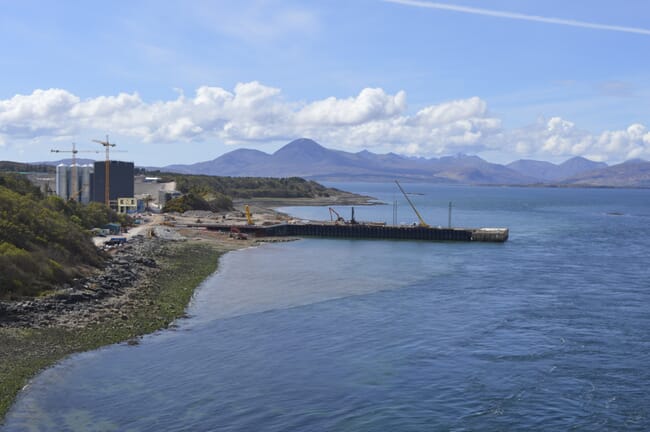Mowi, along with China-based Yuehai Feed Group and AlphaFeed, have agreed to trial the product that wins the much sought-after award.

The free trial for the F3 Challenge winner will be conducted in one of Mowi’s open environment research facilities, either in Norway or Scotland, and will include Mowi’s low and zero fish-oil formulations containing the winning fish-oil replacement. Mowi’s salmon feeds are GMO and land-animal product free, complying with both EU regulations and customer demand. Currently, the inclusion of marine ingredients in their conventional diets is less than 10 percent of fishmeal and around the same low inclusion of fish oil.
“At Mowi we are committed to sustainability and are always looking for more efficient and environmentally friendly ways of producing feed for our salmon,” said Laura Martinez Rubio, research, development & technical manager at Mowi Feed. “It is also important that our salmon gets the healthiest diet possible. At Mowi we want to be at the forefront, and we are therefore excited about testing the winning non-fish oil.”
“We are delighted that these big companies have committed to testing the winning fish-free oil,” said Kevin Fitzsimmons, F3 Challenge judge and professor at the University of Arizona. “This is an important step forward toward the large-scale adoption and use of alternatives to wild-caught fish in aquaculture feed.”
The companies will provide the results of their trials through the F3 Feed Innovation Network (FIN).
As of the third sales reporting period, the four competitors have collectively sold 472,359 kilograms of F3 oil during the contest. Veramaris remains in the lead with the most F3 oil sold.
The four global competitors include China-based Guangdong Evergreen Feed Industry Co. Ltd., China-based Shen Zhen Alpha Feed Co. Ltd., Netherlands-based Veramaris and the UK/US-based team Aquaculture Innovation/Qualitas Health.
Aquaculture supplies one of the world’s most efficient sources of animal protein. However, the industry is being held back by the availability of one key ingredient: fish oil, which provides important omega fatty acids necessary for animal and human nutrition.
Each year, an estimated 16 million tonnes of wild fish are caught exclusively for use in fish oil and fishmeal. Wild-caught fish are currently the major source of Omega-3 and contain DHA, EPA and ARA – essential fatty acids for fish and for human health too.
The University of Arizona, University of Massachusetts Boston, Synbiobeta, Anthropocene Institute, Dawson Family Fund, Sustainable Ocean Alliance, The Nature Conservancy, The Campbell Foundation, Tides Foundation and The National Renderers Association are sponsors of the crowdfunded prize.


